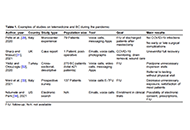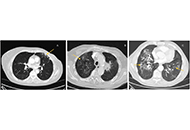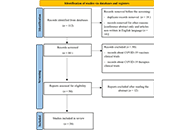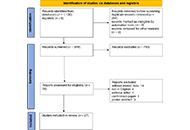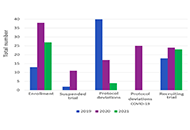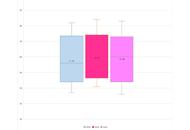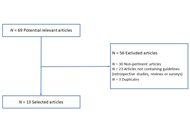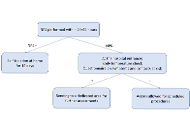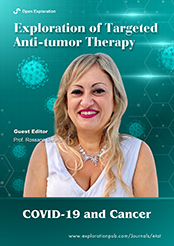
COVID-19 and Cancer
Guest Editor
Prof. Rossana Berardi E-Mail
Professor in Medical Oncology and Director of the Postgraduate School of Medical Oncology at Università Politecnica Marche; Director of Department of Medical Oncology, Director of “Genetic Cancer” Center and Breast Unit Coordinator at Ospedali Riuniti of Ancona, Italy
Research Keywords: thoracic cancer; breast cancer; neuroendocrine tumors; innovative therapies; COVID-19 and cancer
About the Special lssue
Since December 2019, SARS-CoV-2 pandemic has promptly spread to nearly every country overcoming 80 million of confirmed cases worldwide with 1.8 million of deaths. The huge number of infections and the rapid growth of cases put under strain many national health systems as well as health care professionals fighting the epidemic, thus more exposed to physical and psychological repercussions. Many governments announced national lockdowns of varying degrees, an extraordinary containment measure in order to rebalance resources foiling the spread of contagion. Furthermore, coronavirus disease 2019 (COVID-19) vaccines have been developed and are now available to provide acquired immunity against SARS-CoV-2.
While COVID-19 might potentially affect anyone, the majority (more than two-thirds) of deaths have occurred in people with concomitant conditions as diabetes, obesity, cardiovascular diseases, chronic lung diseases, cancer or a combination of these factors. In particular, cancer patients should be considered one of the most vulnerable population as a consequence of their systemic condition as well as of adverse events due to oncologic therapies. Furthermore, COVID-19 might delay cancer care postponing diagnosis and treatment and thus negatively affecting patients’ prognosis.
Based on these considerations, we released this special issue about COVID-19 and cancer in order to provide an exhaustive overview of this prevailing topic.
Keywords: Cancer; COVID-19; pandemic; SARS-CoV-2; oncology
Published Articles
